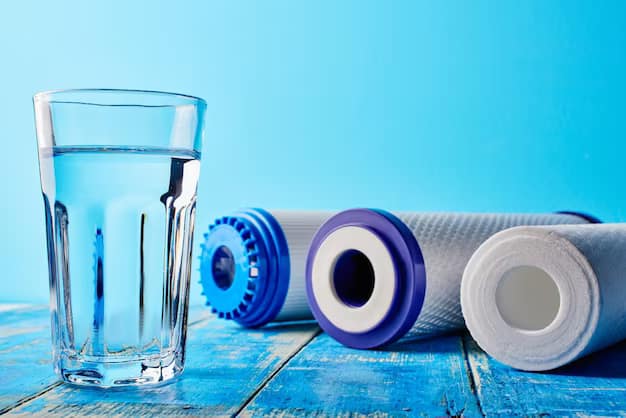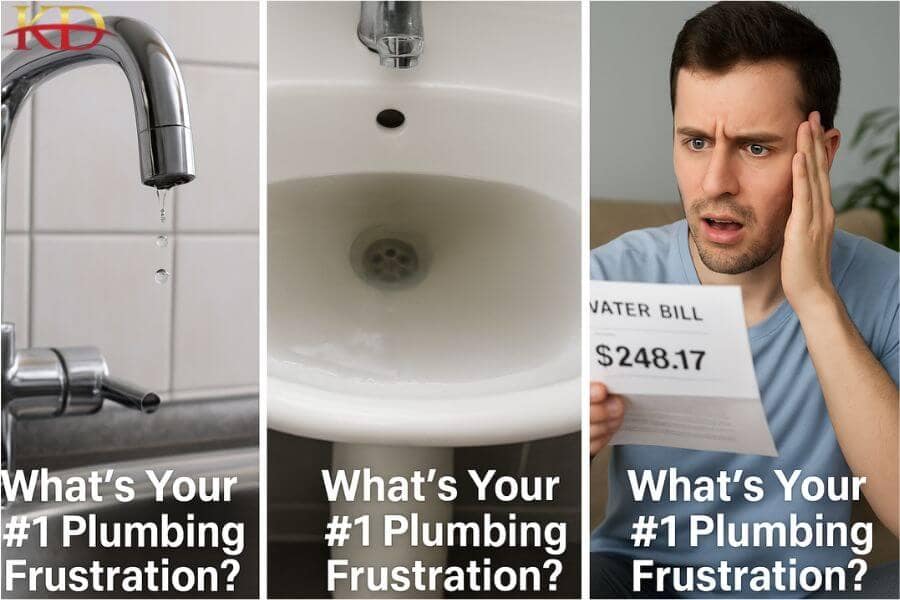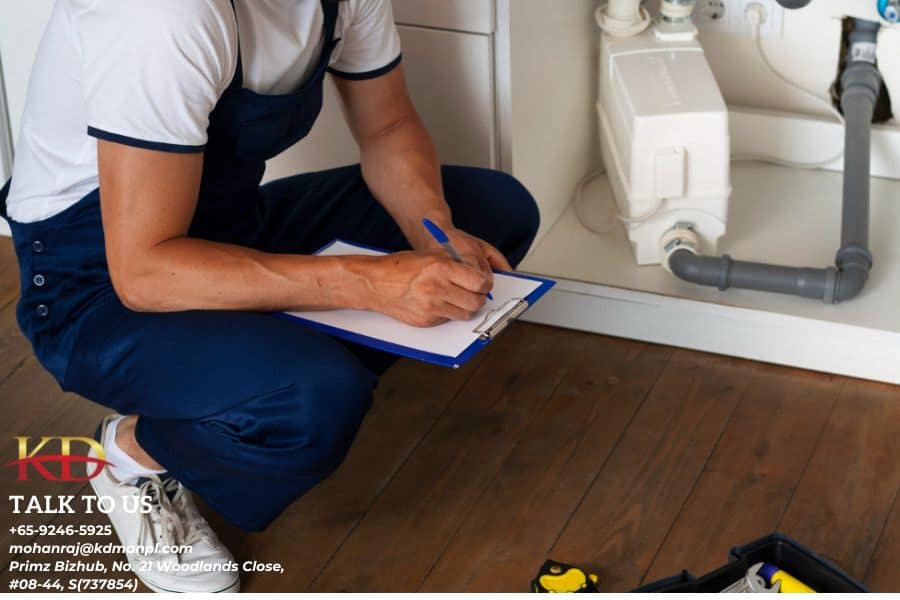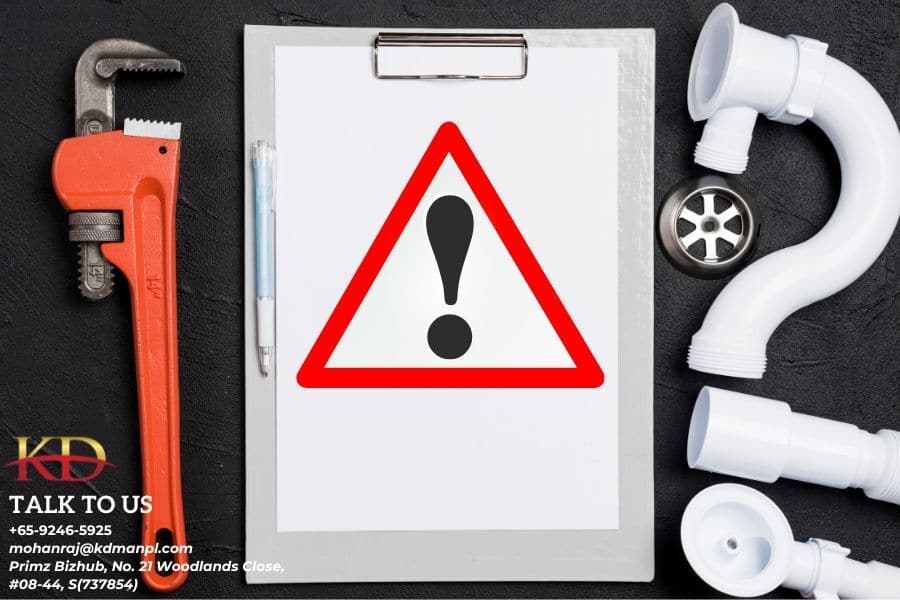Access to clean and safe drinking water is essential for every household. In Singapore, tap water is generally safe to drink, but many homeowners opt for additional water filtration systems to enhance water quality and taste. With a variety of water filtration options available, choosing the right system can be daunting. This blog post will guide you through the process of selecting the most suitable water filtration system for your home.
Understanding Your Needs
Before choosing a water filtration system, it’s important to understand your specific needs and preferences:
1. Water Quality Concerns: Identify any specific contaminants you want to remove. Singapore’s water is treated and generally free from harmful contaminants, but some people prefer to filter out chlorine, sediment, or improve the taste.
2. Usage: Determine whether you need filtered water for drinking, cooking, or the entire household. This will influence the type of system you choose.
3. Budget: Consider both the initial cost and ongoing maintenance expenses. Some systems have lower upfront costs but require frequent filter changes.
4. Installation Space: Assess the available space for installing a filtration system. Some systems are compact and fit under the sink, while others may require more space.
Types of Water Filtration Systems
1. Activated Carbon Filters
Pros:
- Effective at Removing: Chlorine, sediment, volatile organic compounds (VOCs), and improving taste and odor.
- Cost-Effective: Generally affordable with low maintenance costs.
- Easy Installation: Can be installed under the sink or as a countertop unit.
Cons:
- Limited Filtration: Not effective against heavy metals, nitrates, or microbial contaminants.
- Regular Replacement: Filters need to be replaced frequently to maintain effectiveness.
Best For:
- Homeowners looking for an affordable solution to improve the taste and odor of their tap water.
2. Reverse Osmosis (RO) Systems
Pros:
- Comprehensive Filtration: Removes a wide range of contaminants, including heavy metals, nitrates, fluoride, and microorganisms.
- Improves Water Quality: Provides high-quality, purified water suitable for drinking and cooking.
Cons:
- Cost: Higher initial cost and requires professional installation.
- Waste Water: RO systems produce wastewater, which can be a concern for environmentally conscious users.
- Maintenance: Regular maintenance and filter replacements are necessary.
Best For:
- Households seeking thorough filtration and willing to invest in a high-quality system.
3. Ultraviolet (UV) Purifiers
Pros:
- Effective Against Microorganisms: Kills bacteria, viruses, and other pathogens without chemicals.
- No Chemical Use: Does not alter the taste or odor of water.
Cons:
- Limited Scope: Only effective against microorganisms; does not remove chemical contaminants or sediment.
- Electricity Required: Requires a power source to operate.
Best For:
- Homes concerned about microbial contamination and looking for a chemical-free disinfection method.
4. Whole-House Water Filters
Pros:
- Comprehensive Coverage: Filters water at the point of entry, providing clean water throughout the entire house.
- Versatile: Can be tailored to address specific contaminants based on local water quality.
Cons:
- Cost: Higher initial cost and professional installation required.
- Maintenance: Regular maintenance and filter replacements are necessary.
Best For:
- Homeowners who want to ensure clean water for all household uses, including bathing and cleaning.
5. Countertop and Pitcher Filters
Pros:
- Convenience: Easy to install and use, portable.
- Affordable: Low initial cost and maintenance expenses.
Cons:
- Limited Capacity: Only filters small amounts of water at a time.
- Basic Filtration: Less effective against a wide range of contaminants compared to other systems.
Best For:
- Renters or individuals looking for a simple and portable solution for drinking water.
Factors to Consider When Choosing a System
- Water Quality Reports: Review the annual water quality report from PUB, Singapore’s National Water Agency, to understand the quality of your tap water and identify any specific contaminants you may want to address.
- Certification: Look for systems certified by reputable organizations like NSF International or the Water Quality Association (WQA) to ensure the system meets industry standards for contaminant removal.
- Maintenance Requirements: Consider the ease of replacing filters and the frequency of maintenance needed for each system.
- Installation: Evaluate whether you need a system that requires professional installation or one that you can easily install yourself.
- Water Pressure: Ensure the chosen system does not significantly reduce your water pressure, especially if you select an under-sink or whole-house system.
Conclusion
Choosing the right water filtration system for your home involves understanding your specific needs, evaluating the available options, and considering factors like budget, maintenance, and installation. By taking the time to assess your requirements and the quality of your tap water, you can select a system that provides clean, safe, and great-tasting water for you and your family. Whether you opt for a simple activated carbon filter or a comprehensive reverse osmosis system, ensuring the health and safety of your drinking water is a worthwhile investment.
Having trouble with your water filtration system installation or maintenance? KD Man Pte Ltd. offers professional plumbing and sanitary services to ensure your water filtration system operates efficiently. Our expert team can help with installation, regular maintenance, and any plumbing issues you may encounter.





Leave a Reply